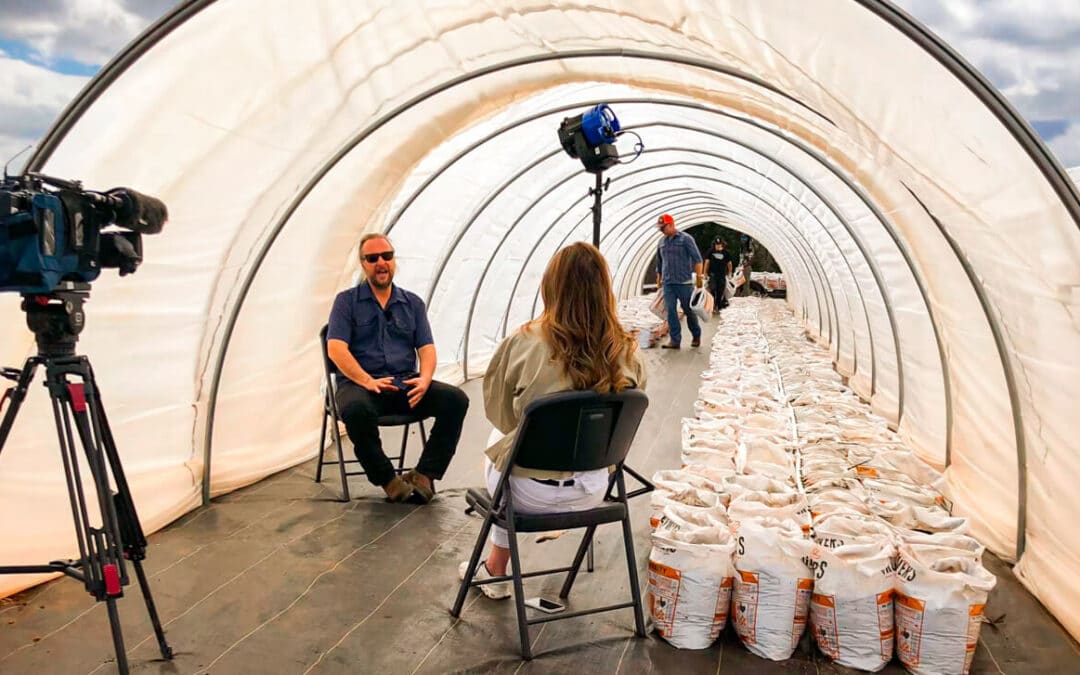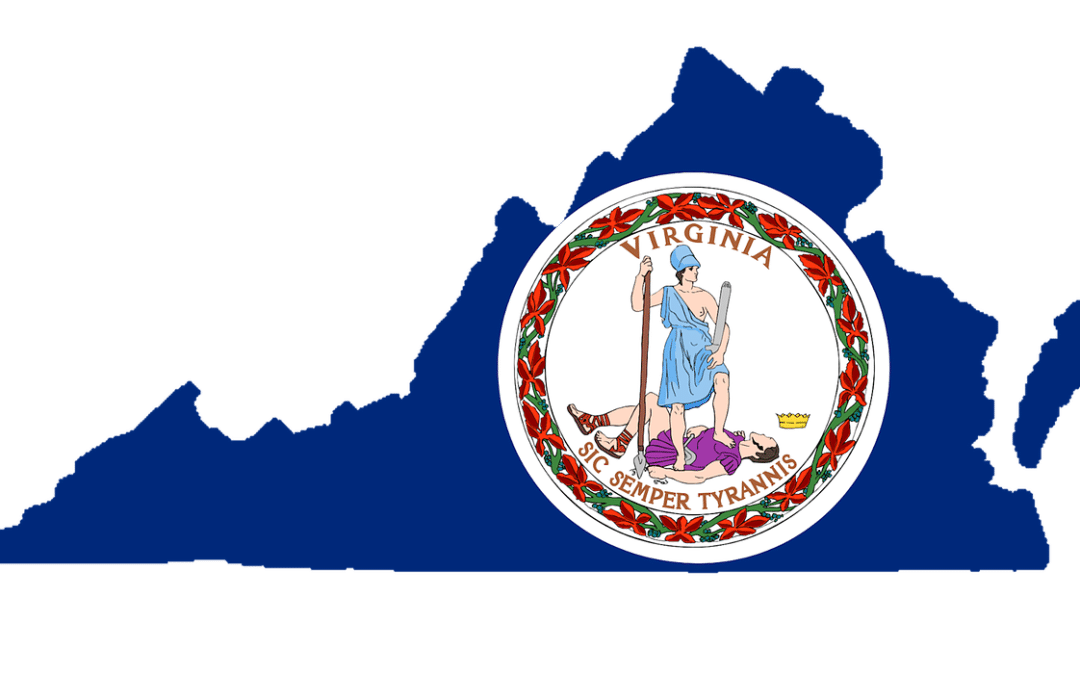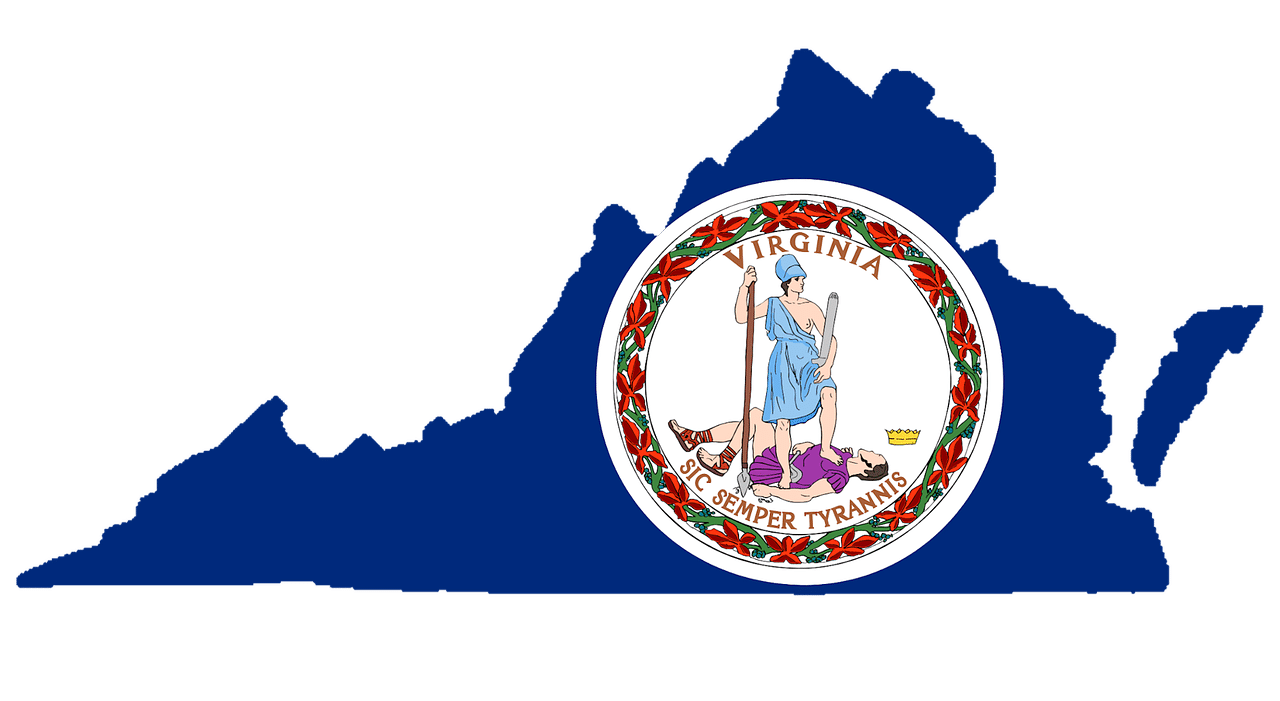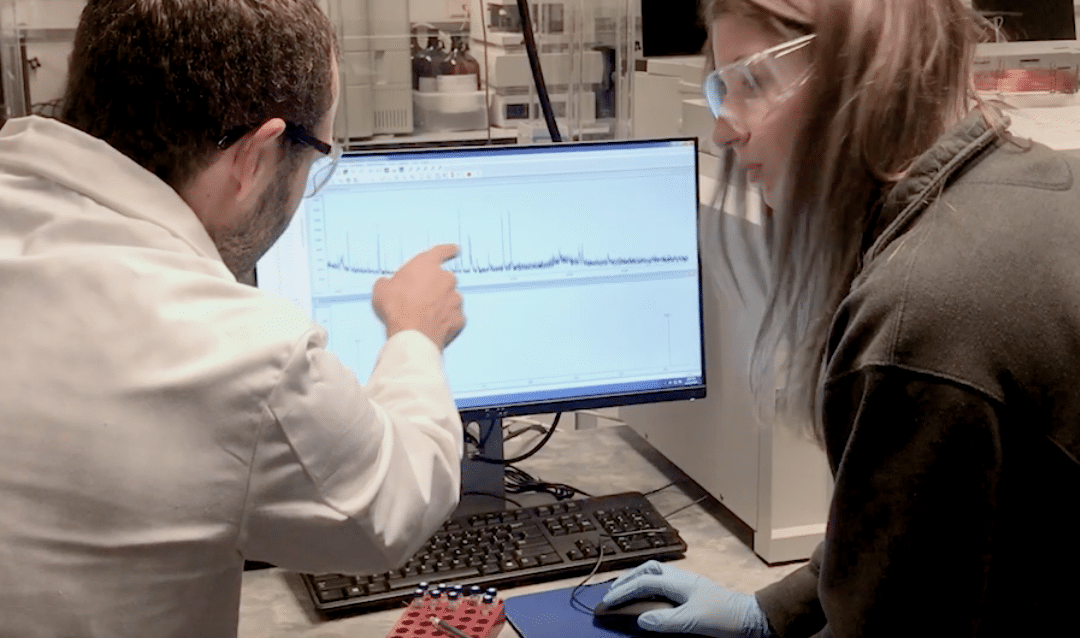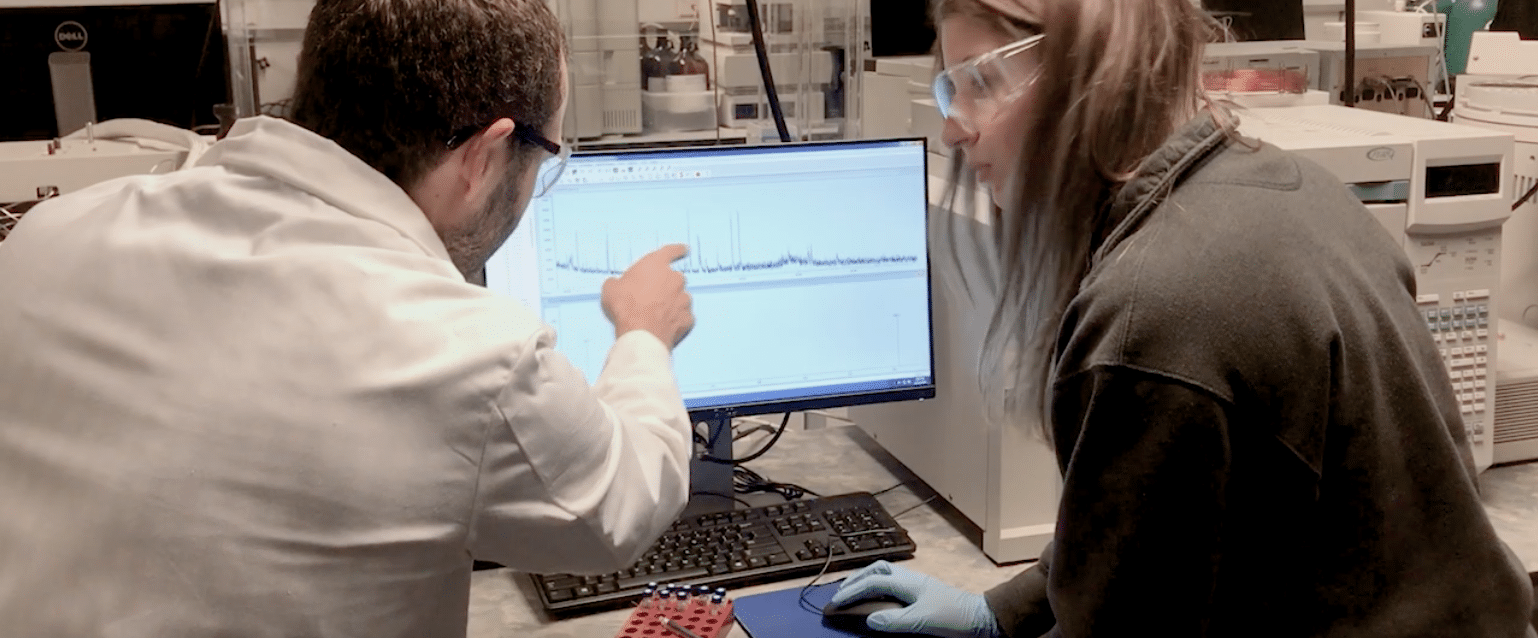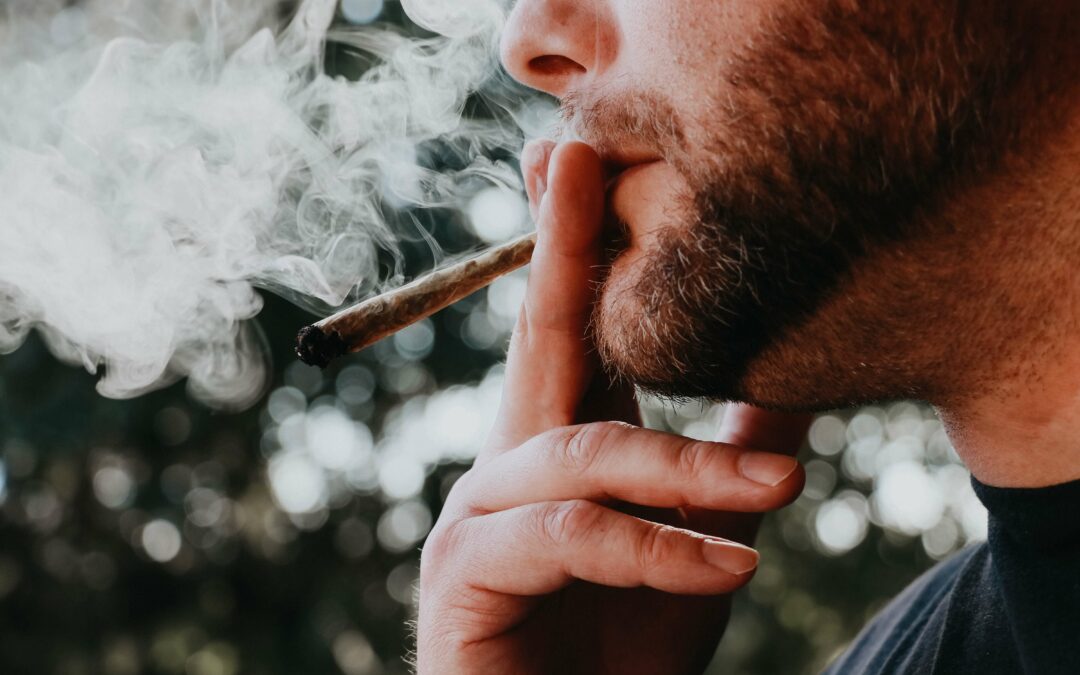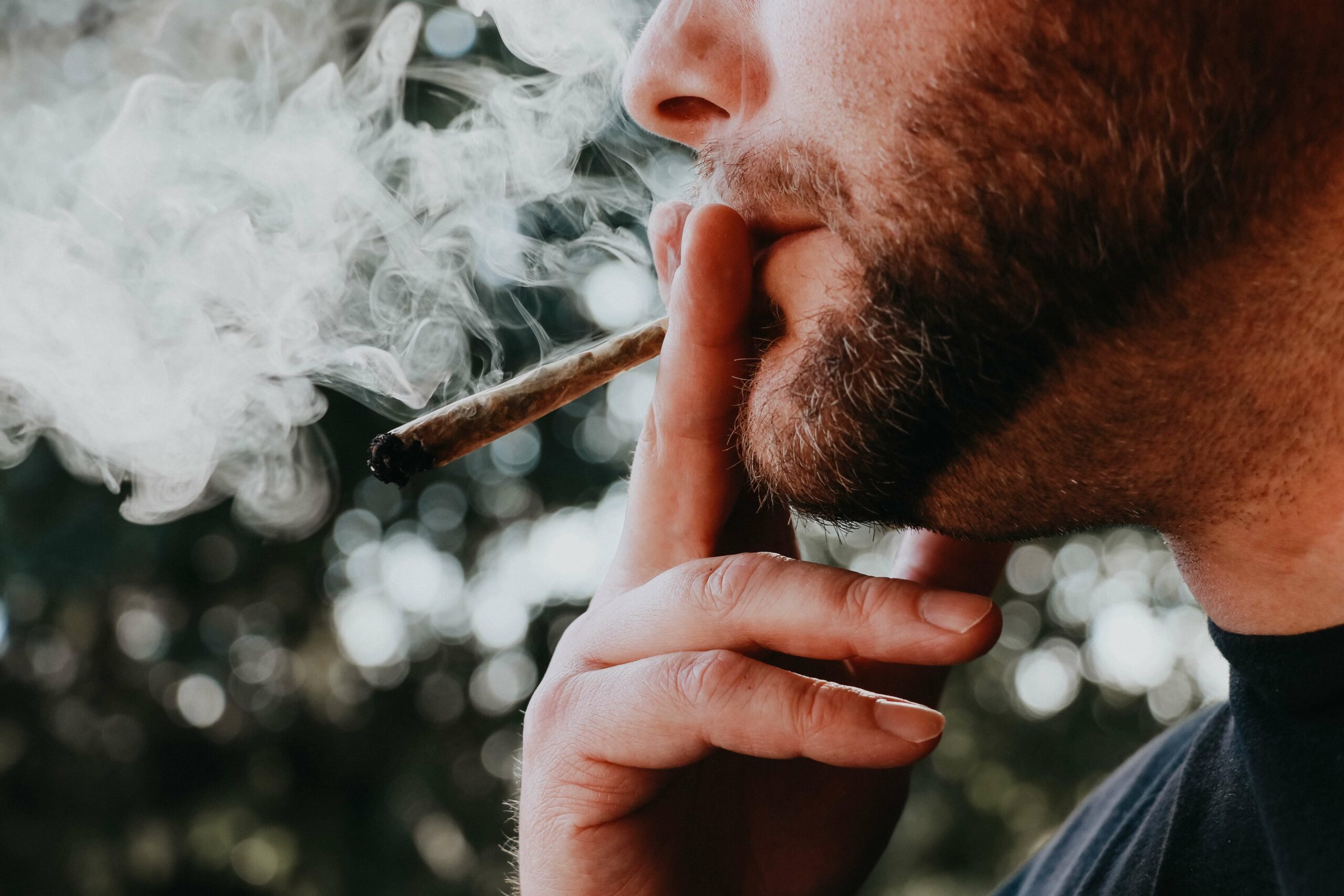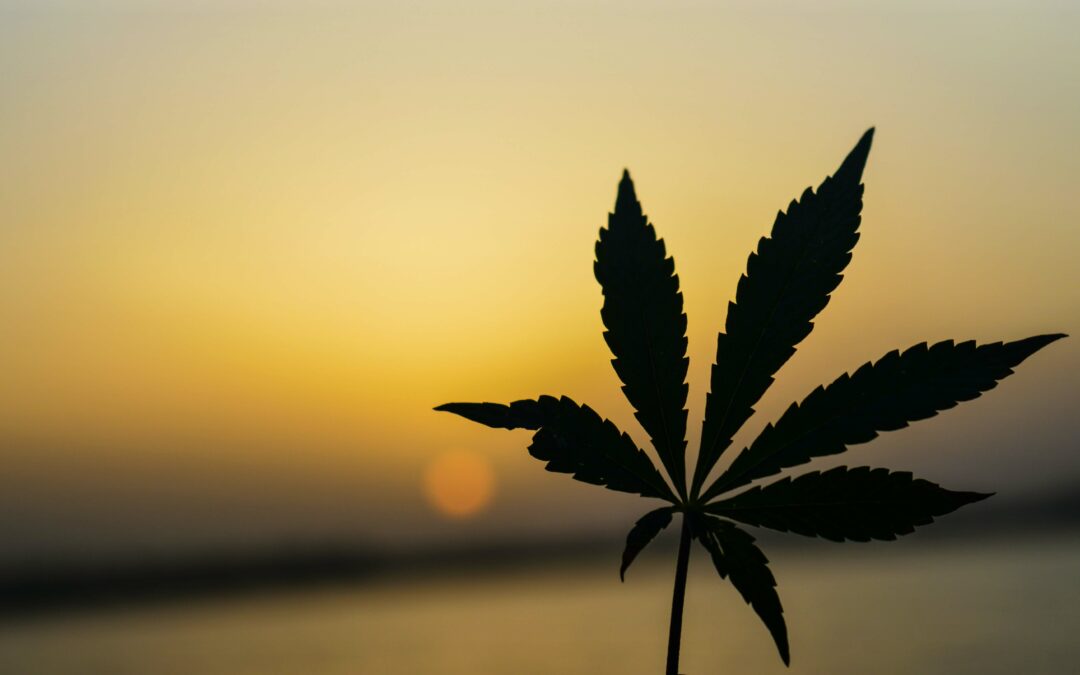
New Mexico Cannabis Legalization Signed into Law by Governor
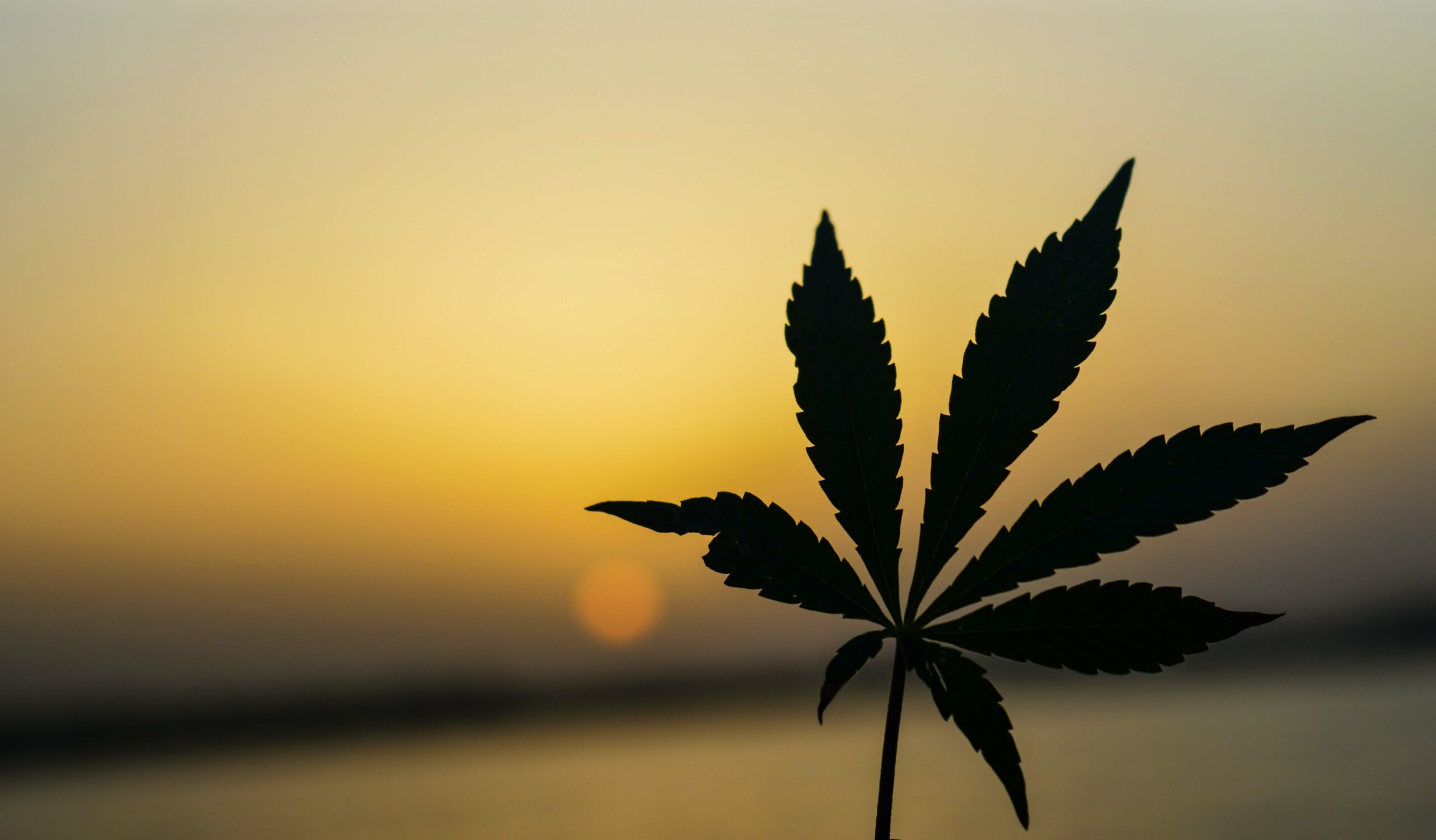
SANTA FE, N.M. (AP) — New Mexico Gov. Michelle Lujan Grisham signed legislation Monday legalizing recreational marijuana use within months and kicking off sales next year, making it the seventh state since November to put an end to pot prohibition.
The governor, a Democrat, has supported marijuana reform as a way to create jobs and shore up state revenue.
On Monday, she also touched on concerns about the harm inflicted on racial and ethnic minorities by drug criminalization and tough policing, noting that the new law could free about 100 from prison and expunge criminal records for thousands of residents.
“It is good for workers. It is good for entrepreneurs. It is good for consumers,” she said of legalization. “And it brings about social justice in ways in which we have been talking about and advocating for, for decades.”
The signed bill gives the governor a strong hand in oversight of recreational marijuana through her appointed superintendent of the Regulation and Licensing Department.
Agency Superintendent Linda Trujillo said people age 21 and over will be allowed start growing marijuana at home and possess up to 2 ounces (56 grams) of cannabis outside their homes starting on June 29.
Recreational cannabis sales start next year by April 1 at state-licensed dispensaries.

